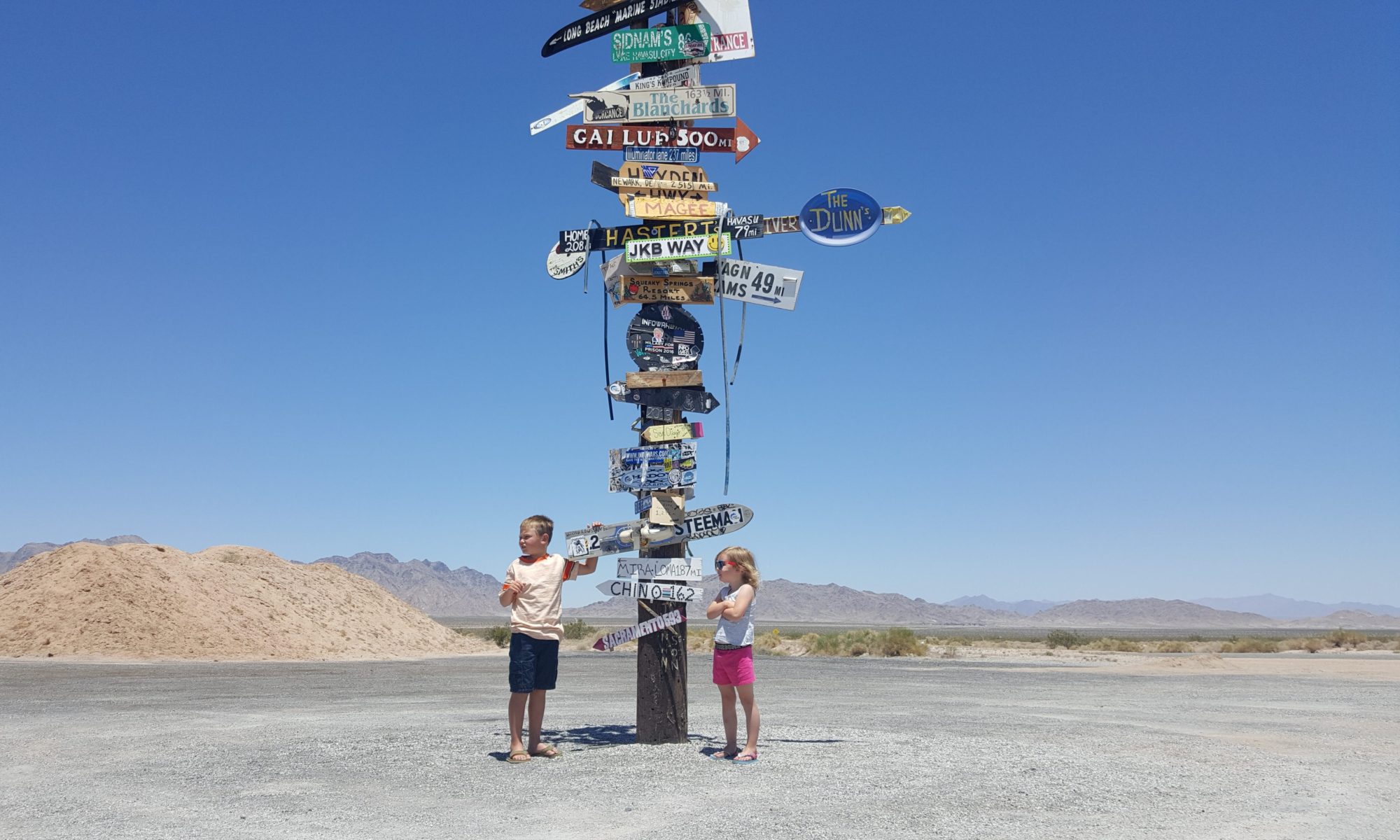Who are the most blessed people in the world? “And most fortunate of all are those who have never been born and have never seen all the evil and crime throughout the earth.” (Verse 3). This is a very depressing outlook on life. Why would Solomon write such a pessimistic view of life? Was he referring to babies that miscarried or were aborted? Or was he referring to babies never conceived?
Imagine yourself as head of a nation, and you know that crime and oppression is happening, but you are not able to control/stop it. In verses 1-2, Solomon describes how some people were oppressed, causing great sorrow and despair whereas the oppressors were usually able to get away with it because of their wealth and connections.
Do you know the story of King Ahab of Israel and his wife Jezebel? Ahab had everything he needed, but he decided it wasn’t enough. He decided he wanted a vineyard owned by Naboth, but Naboth would not sell it because, “That land has been in my family for generations”. (1 Kings 21:3). It was very important in the Jewish Law and tradition that land stay with the families and descendants of the original owners.
King Ahab was so upset by Naboth’s refusal that he went home and had a tantrum. When he explained the situation to his wife, she sent letters in Ahab’s name and with his seal ordering the town officials to hold a meeting, frame Naboth with crimes, and kill him. The civic leaders did exactly as they were told, and Ahab got his vineyard.
Solomon ends this chapter with the parable illustration of a young man who was poor and did something to be arrested. Prison helped the young man to gain wisdom and he even became king because he was so well liked by those with influence; they helped him usurp the throne, and he was very popular with his generation. “But then a younger generation grows up around him and rejects him! So again, it is all foolishness, chasing the wind.” (Verse 16).
In verses 9-12, Solomon gives a couple of examples where humans can work together for positive good. But he found no answer for the purpose of life.
